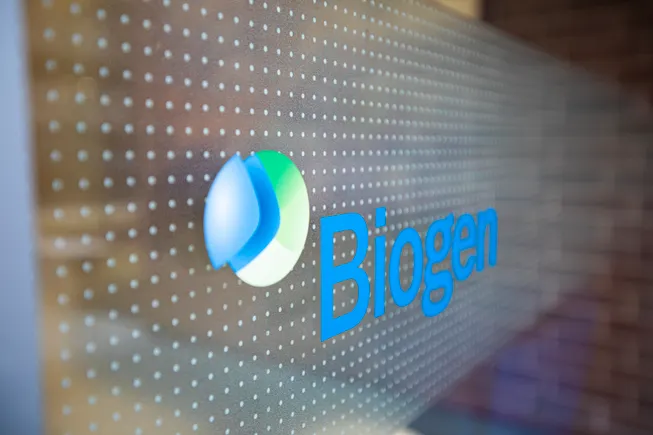Lupus Research & Development: Biogen’s Potential Breakthroughs on the Horizon
Lupus research and development have faced challenges over the years, with only two biologics approved in more than two decades. However, Biogen may be poised to change the game with two late-stage drug candidates that could revolutionize treatment for this debilitating autoimmune disease.
Symptoms of lupus can vary widely, from a distinctive butterfly rash to fatigue and joint pain, making diagnosis difficult. The disease can flare up and remit with varying severity, affecting different organ systems at different times. This complexity has made clinical trials tricky, as patients present with a range of symptoms at a young age.
Dr. Diana Gallagher, Senior Vice President of Biogen’s multiple sclerosis and immunology disease unit, acknowledges the challenges in lupus drug development due to the disease’s heterogeneity. Historically, only two biologics have been approved for systemic lupus erythematosus after decades of limited treatment options. Biogen’s two late-stage programs, dapirolizumab pegol and litifilimab, represent significant advancements in targeting new pathways for lupus treatment.
Recent results from a phase 3 study of dapirolizumab pegol show promising outcomes, positioning the drug as a potential competitor to existing treatments. Biogen’s CEO, Christopher Viehbacher, highlighted litifilimab as a key player in the lupus landscape, with phase 3 studies expected to yield results in late 2026.
Biogen’s commitment to lupus research draws on lessons learned from their successful multiple sclerosis franchise. While the diseases are different, they share key characteristics that inform Biogen’s approach to treatment development. By offering a range of therapeutic options tailored to different stages of the disease, Biogen aims to replicate the success they’ve seen in multiple sclerosis treatment.
Effective clinical trial management is crucial in lupus drug development, as patient heterogeneity and various influencing factors can impact study outcomes. Biogen has refined their approach to control for these variables, learning from past setbacks to optimize trial design and patient selection.
Dapirolizumab pegol’s targeting of the CD40L pathway has shown promise in reducing flare-ups and improving fatigue, two critical areas of concern for lupus patients. The drug’s once-a-month dosing and favorable safety profile, including its ability to be used during pregnancy, make it a promising contender in the lupus treatment landscape.
Litifilimab’s progress in late-stage studies for systemic lupus erythematosus and cutaneous lupus erythematosus is also encouraging, offering hope for patients at different stages of the disease. With competition from existing biologics, Biogen’s innovative approach to lupus treatment could provide much-needed options for patients seeking effective therapies.
In conclusion, Biogen’s dedication to lupus research and development, combined with their innovative drug candidates, signals a potential breakthrough in the treatment of this complex autoimmune disease. By addressing the unique challenges of lupus and tailoring treatments to meet diverse patient needs, Biogen is at the forefront of transforming the landscape of lupus care.


